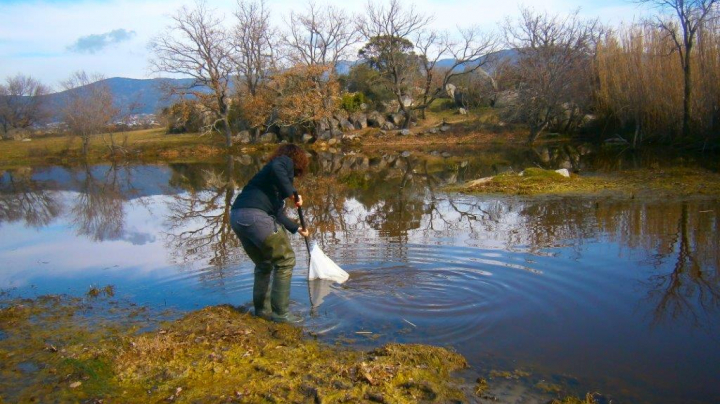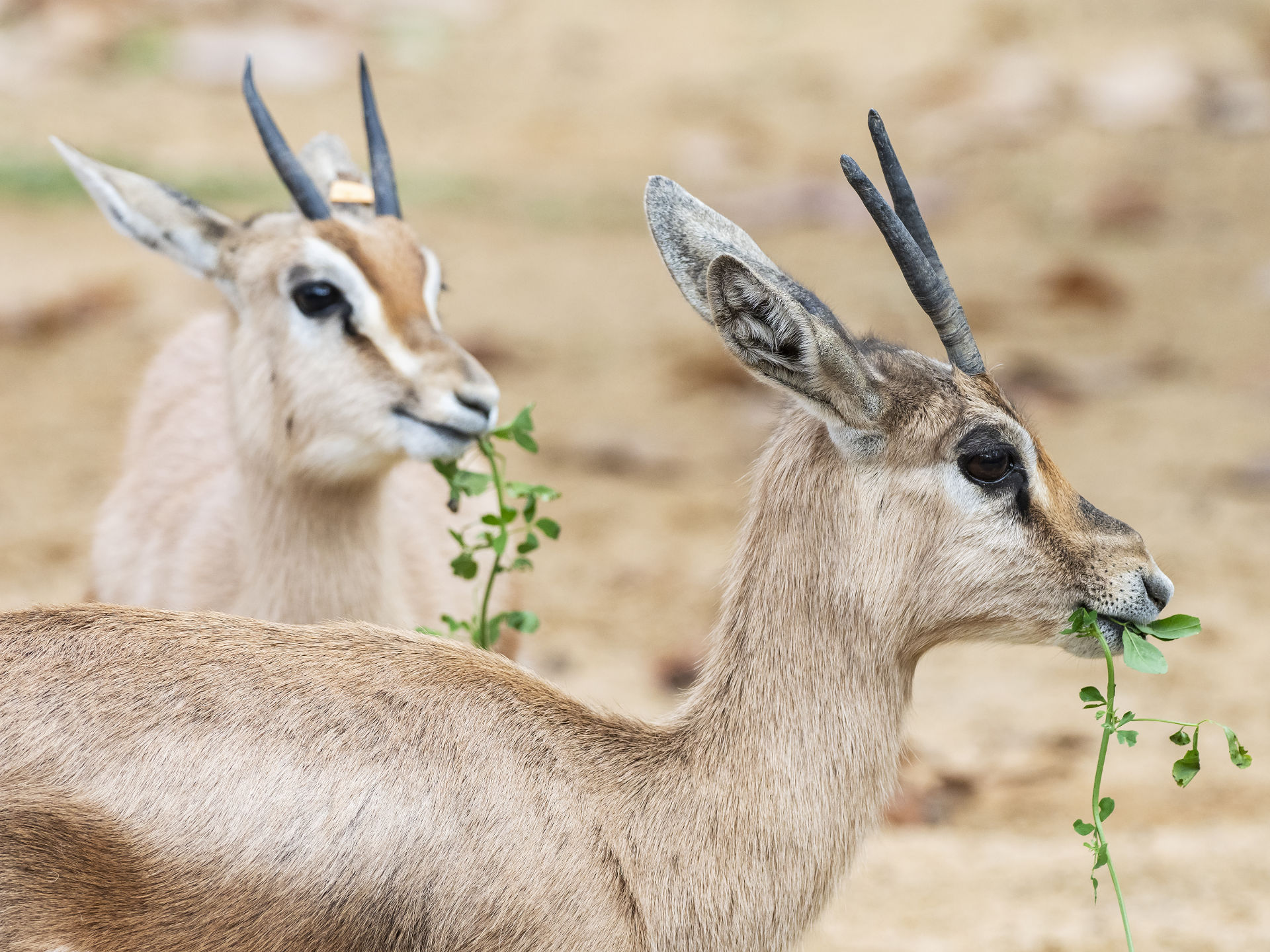
The last few years have seen a huge decline in amphibian numbers throughout the world; they are in fact one of the animal groups most vulnerable to the effects of climate change. That is why the state of their populations is one of the main concerns of the UICN (International Union for the Conservation of Nature). The main reasons for the decline are as follows: introduced species, climate change, habitat destruction and emerging diseases.
In 2016, the AEDEN signed an agreement with the Barcelona Zoo Foundation for the creation of the Aiguamolls de l’Empordà Amphibian Observatory and an atlas describing the distribution of amphibians in the area, to ensure the conservation and improved management of this animal group. Work started in 2017 on the protocol that had been designed in 2016, to compile the Atlas and determine the main threats to conservation in the context of climate change. Besides the results of the field world carried out so far (of great importance for knowing the situation of the various species as well as for obtaining data on their phenology and ecology), the work methodology designed and implemented is notable too, and will certainly be able to be exported for amphibian explorations in other natural areas in Catalonia.
Collaboration between the two entities is currently aimed at continuing the maintenance and full implementation of the Aiguamolls de l’Empordà Amphibian Observatory and drafting an atlas describing the distribution of amphibians in the area, to ensure the conservation and improved management of this animal group.



